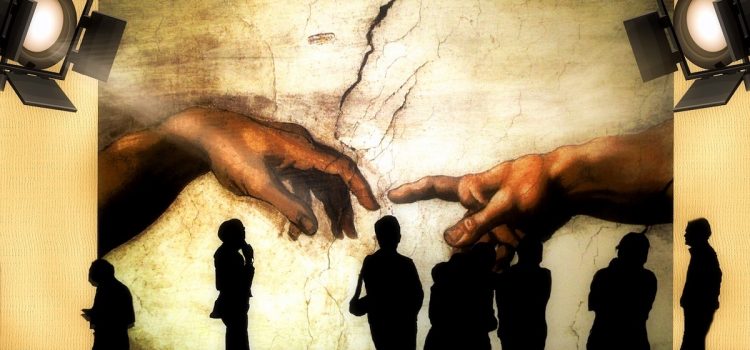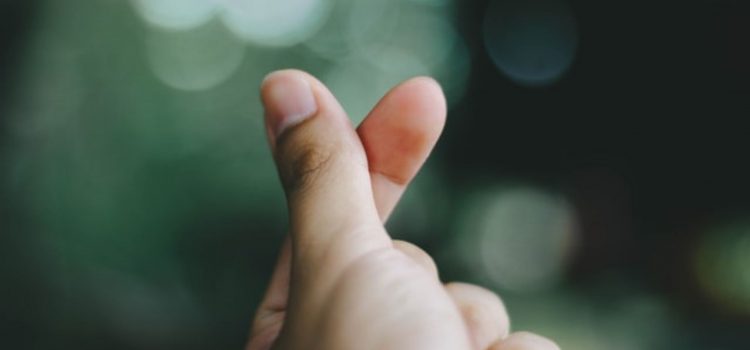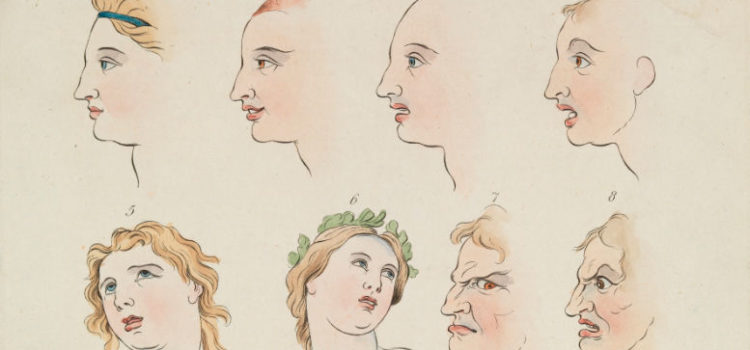Is it possible to predict divorce? What are the most telling signs the relationship won’t last? The signs of an impending divorce are often evident from casual interactions of partners, even at the beginning of a relationship. Psychologist John Gottman has identified these signs by conducting observations of interactions of couples, predicting divorce with impressive accuracy. Here’s what he found.
Predicting Divorce: Signs to Look Out For










